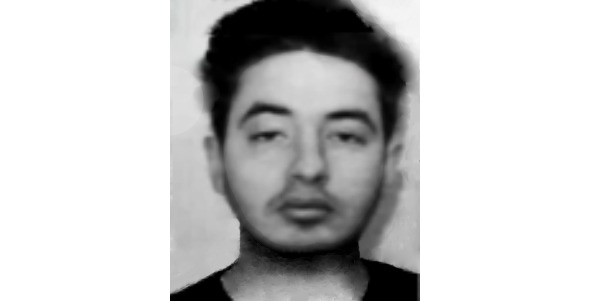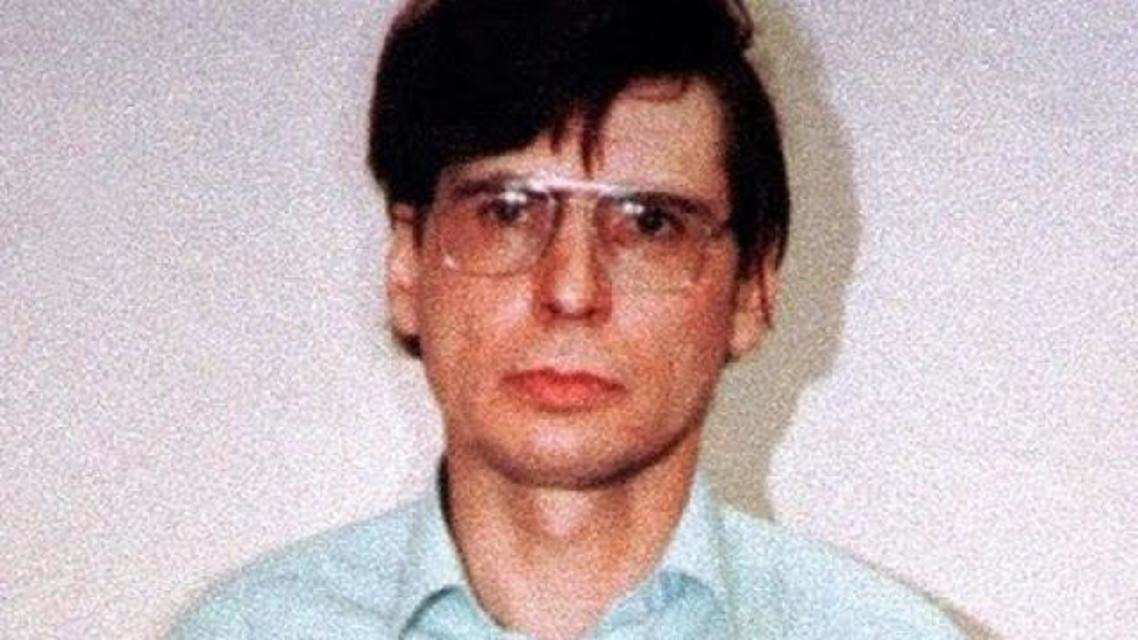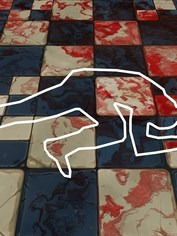
Бесплатный фрагмент - The most horrible maniacs in history
Types and classification of serial killers
Maniac killer: psychology and classification. Do you know that maniacs are completely different?
For example, local (their victims in certain areas), wandering (hunting in travel), power lovers (superiority over the victim), sweethearts (hedonists), visionaries (schizophrenics), missionaries (“judges” or “cleaners”).
Want to learn more about “organized” (calculated), disorganized (impulsive), mass, or “chain” serial killers?
Missionaries
Joseph Christopher
American serial killer, racist. It is also known as the “Assassin with the 22nd caliber”, “The Ripper from the city center”. He killed 12 people and wounded many other people. Almost all of his victims are African Americans, only one was a Hispanic man. The cause that prompted Joseph Christopher to commit crimes was pathological racial hatred.
September 22, 1980, 25-year-old Joseph Christopher shot dead 14-year-old Glenn Dunn. The next day he killed the 32-year-old Harold Green, who dined at a fast food restaurant. That same evening, he shot the 30-year-old Emmanuel Thomas, and on September 24, 1980 — Joseph McCoy. The next victims (in October 1980) were two taxi drivers. One of them was found in the trunk of the car, and the second — near the river in Tonawanda, his taxi was found three miles from the location of the body.

October 10, 1980 Joseph Christopher entered the hospital in the ward to a black patient and, saying that he “hates the niggers,” tried to strangle him. Only the appearance of a nurse saved the victim.
On December 22, 1980, six people became victims of Christopher, four of them died. The murderer continued his bloody hunt. He slaughtered 19-year-old Luis Rodriguez, 30-year-old Anton Davis and 20-year-old Richard Renner. The last victim found on this day was a man who could not be identified. On December 29, 1980, the murderer mortally wounded another black guy, and on December 30, 1980 attacked Albert Menefi. Tom managed to survive. On January 1, 1981, Joseph Christopher attacked Larry Little and Calvin Crippen, but they managed to fight back from their opponent. A few days later the police still managed to get on the trail of the murderer and arrest him.
In October 1981, Christopher waived his right to a jury trial in Buffalo. Two months later he was found insane, but later this decision was changed. In April 1982, he was found guilty and sentenced to 60 years in prison. Christopher died on May 11, 1993, after spending 12 years in prison and 1 day in prison.
John Bunting
Australian serial killer from Adelaide, South Australia. Currently serving eleven consecutive life terms of imprisonment without the right to parole. He was the leader of a criminal gang in the town of Snowtown. He committed 11 murders together with Robert Wagner.
Between August 1992 and May 1999, criminals killed those people who, according to Bunting, were pedophiles, as well as out of feelings of dislike — gays, drug addicts and just fat people. At least 11 men and 1 woman between the ages of 18 and 47 have been killed. Victims of criminals chose from among their friends, acquaintances and relatives. They mocked the unfortunate for a long time, using knives, pliers, pliers, electric shock and hydrochloric acid for this.
During the murders of the victims, they were forced to make a voice recording under a dictaphone record, in which they informed their relatives of their intention to leave the city, so that the disappearance of the dead did not cause alarm among relatives and friends.
The body parts of the last victim of the killer were fried and eaten. Wagner and Banting journalists dubbed “the worst of the serial killers of Australia.”
As a result, the court sentenced Banting to eleven terms of life imprisonment, Wagner — to 10 terms of life imprisonment (both without the right to early release), Vlassakis received 4 life sentences with the possibility of asking for release after 26 years, Haydon sentenced to 25 years of imprisonment.
Local serial killers
Dennis Nielsen
Birthday November 23, 1945 — British serial killer. For five years of his criminal activities, he killed 15 people.
Dennis Nielsen’s mother was a Scot, father of a Norwegian soldier. Family life was unsuccessful: my father drank a lot and often left the house for a long time. When Nielsen was 4 years old, my parents divorced. The event, which, according to Nielsen, had been extremely influential throughout his life, occurred when he was six years old — the boy, without explanation of reasons, was forced to sit for several hours alone along with the dead body of the grandfather before the funeral. The contemplation of the human corpse, which he loved very much, caused Nielsen, in his words, a kind of “emotional death”. Two years later, another incident occurred, leaving traumatic and contradictory memories.

While swimming in the sea, Nielsen began to sink, but another older boy rescued him, after which the “rescuer” apparently committed an act of masturbation, because, waking up, Nielsen discovered that his stomach was splashed with a strange white sticky liquid. An autobiography written in prison, Nielsen will call “The story of a drowning boy”.
Unlike many serial killers, Dennis was not aggressive when he was a child, he did not experience attacks of sudden uncontrolled fury and did not show any inclination to harsh treatment of animals, on the contrary, alien aggressiveness scared him somewhat. In 1961, Dennis Nielsen entered the military service in the Armed Forces of Great Britain, where he became an army chef. In this position he will master the skills and abilities of the butcher, which he will improve already in the course of his future criminal activity.
In the army, Nielsen avoided communicating with other people and abused alcohol. In his private room, he occasionally masturbated in front of a mirror, imagining himself looking at the corpse. In the last months of service, he had a close friend (not a homosexual), who allowed himself to be shot on a movie camera. At the request of Nielsen during the filming, he lay motionless and portrayed a dead man. Their parting Nilsen obviously took painfully — he destroyed all the cassettes shot, and gave the camera to a friend. After retiring from the army in 1972, Nielsen worked as a policeman for a year, but quickly realized that this work was not for him.
After retiring from the police, he gets a job at the employment office, where he will work until his arrest. In 1974, Nielsen met David Gallichen, whom they had lived together for two years. Their break was a severe test for Nielsen, and in order to somehow escape from heavy thoughts, he plunged headlong into work, abusing alcohol.
In 1978, Nielsen was in a state of deep depression. Particularly depressing was the Christmas holidays, which he spent all alone in his apartment. Hidden dreams, associated with lust for the dead body, again began to take possession of it. On December 30, 1978 he went out into the street with a desperate desire to meet someone at least. As a result, he brings home a young man with whom they drink beer all evening.
Бесплатный фрагмент закончился.
Купите книгу, чтобы продолжить чтение.
